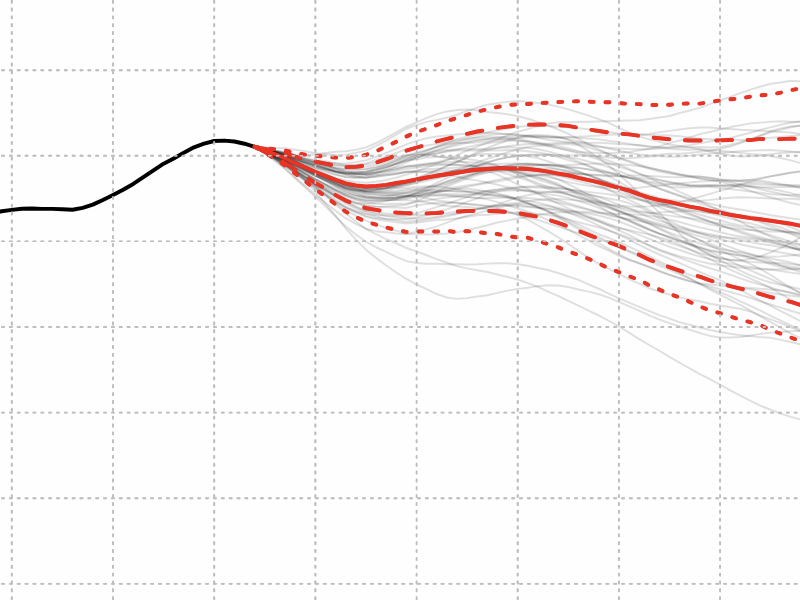I Could Carry Less
by Brian Hayes
Published 31 August 2010
The fabled carefree residents of the Carryless Islands in the remote South Pacific have very few possessions, which is just as well, since their notion of arithmetic is ill-suited to accurate record-keeping. When they add or multiply numbers, they follow similar rules to ours, except that there are no carries into other digit positions. Addition and multiplication of single-digit numbers are performed by a process that we would call “reduction mod 10.” Any carry digits are simply ignored. So 9 + 4 = 3, 5 + 5 = 0, 9 × 4 = 6, 5 × 4 = 0, and so on.
With this fable, David Applegate, Marc LeBrun and N. J. A. Sloane introduce a new scheme of arithmetic in a paper newly posted on the arXiv.
And if you think the mathematics sounds trivial, try explaining the structure of this sequence:
21, 23, 25, 27, 29, 41, 43, 45, 47, 49, 51, 52, 53, 54, 56, 57, 58, 59, 61, 63,
which lists the first 20 “carryless primes.”
Publication history
First publication: 31 August 2010
Converted to Eleventy framework: 22 April 2025


